
The Pristine Beauty of Anawangin Cove
Tucked away on the coast of Zambales, the stunning Anawangin Cove is a hidden gem in the Philippines. Known for its unique landscape, this cove features a rare mix of white sand and volcanic ash from the 1991 Mount Pinatubo eruption, creating a picturesque stretch of beach that's both serene and captivating. Anawangin Cove is surrounded by lush pine trees, a surprising sight for a tropical destination. These trees provide much-needed shade, making it a perfect spot for camping and picnicking. The cove's clear waters are ideal for swimming, snorkeling, and other water activities, offering a refreshing escape from the hustle and bustle of city life. The cove is accessible only by boat or a challenging hike, adding to its secluded charm. This means fewer crowds, allowing you to fully immerse yourself in nature's beauty. Nearby attractions include the Capones and Camara Islands, which are perfect for day trips, adding more adventure to your itinerary.
Local tips in Anawangin Cove
- Bring your own camping gear as there are no hotels or resorts in the area.
- Stock up on food and water supplies before you go, as there are limited facilities on-site.
- Wear comfortable hiking shoes if you choose to trek to the cove.
- Travel during weekdays to avoid the weekend crowds.
- Respect the environment by carrying your trash back with you.
The Pristine Beauty of Anawangin Cove
Tucked away on the coast of Zambales, the stunning Anawangin Cove is a hidden gem in the Philippines. Known for its unique landscape, this cove features a rare mix of white sand and volcanic ash from the 1991 Mount Pinatubo eruption, creating a picturesque stretch of beach that's both serene and captivating. Anawangin Cove is surrounded by lush pine trees, a surprising sight for a tropical destination. These trees provide much-needed shade, making it a perfect spot for camping and picnicking. The cove's clear waters are ideal for swimming, snorkeling, and other water activities, offering a refreshing escape from the hustle and bustle of city life. The cove is accessible only by boat or a challenging hike, adding to its secluded charm. This means fewer crowds, allowing you to fully immerse yourself in nature's beauty. Nearby attractions include the Capones and Camara Islands, which are perfect for day trips, adding more adventure to your itinerary.
When is the best time to go to Anawangin Cove?
Iconic landmarks you can’t miss
Nagsasa Cove
Discover the enchanting shores of Nagsasa Cove, where pristine beaches meet lush green mountains in a tranquil escape.
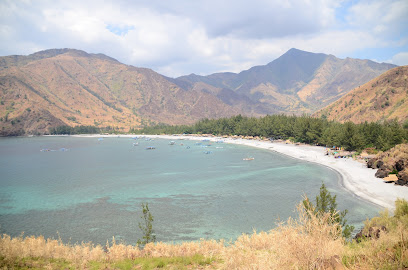
Nagsasa Beach
Discover the tranquility of Nagsasa Beach in Zambales, a hidden gem with pristine sands, crystal-clear waters, and breathtaking landscapes perfect for relaxation.
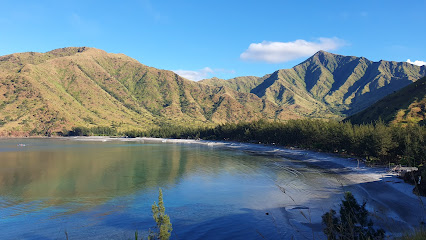
Talisayen Cove
Experience the serene beauty of Talisayen Cove in Zambales, a hidden gem offering picturesque landscapes, tranquil waters, and outdoor adventures.
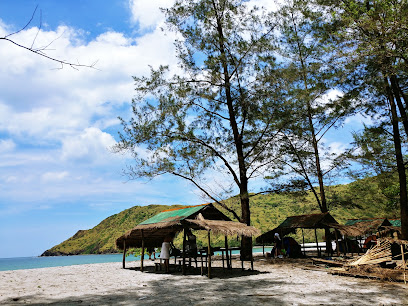
Nagsasa Cove Zambales Adventure
Explore the serene Nagsasa Cove in Zambales, where pristine beaches and majestic mountains await every adventure seeker and nature lover.
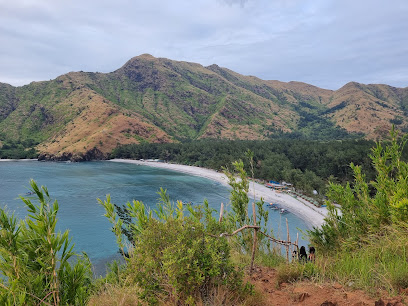
nagsasa cove zambales
Nagsasa Cove: A hidden paradise in Zambales, offering pristine beaches, adventure, and tranquility for the perfect escape.
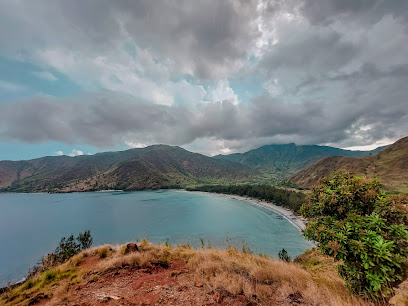
Silanguin Cove
Experience the tranquil beauty of Silanguin Cove, a hidden beach paradise in San Antonio, Philippines, perfect for relaxation and adventure.
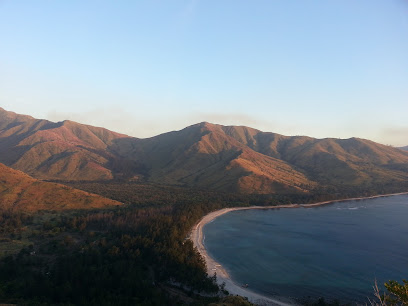
Anawangin Island
Explore the serene beauty of Anawangin Island, a tropical paradise in Zambales, offering stunning beaches, lush nature, and unforgettable adventures.
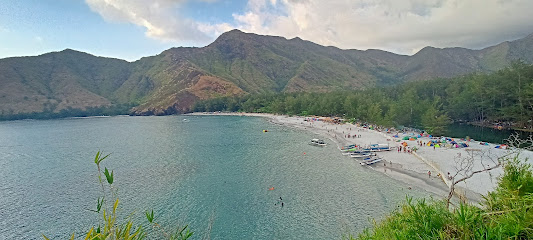
Camara Island
Experience the serene beauty of Camara Island in Zambales, a tropical escape with pristine beaches and vibrant marine life waiting to be explored.
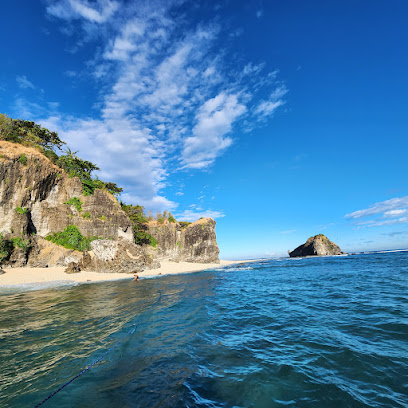
Agnain Cove
Discover the tranquil beauty of Agnain Cove, a pristine beach paradise in the Philippines, perfect for relaxation and adventure amidst stunning natural scenery.
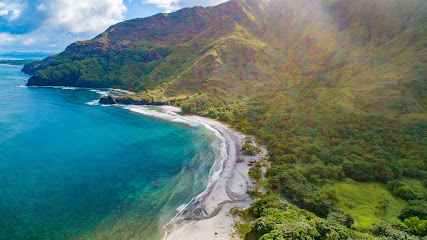
Anawangin Mountain View
Discover the breathtaking views and serene hiking trails at Anawangin Mountain View, a perfect escape for nature lovers in Zambales.
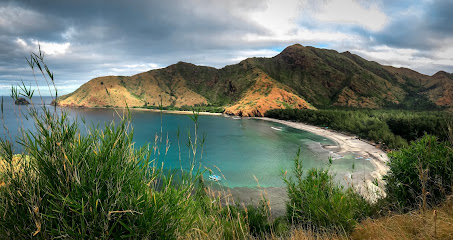
Anawangin trail
Discover the enchanting Anawangin Trail in Zambales, Philippines, a hiker's paradise with stunning views and diverse wildlife.
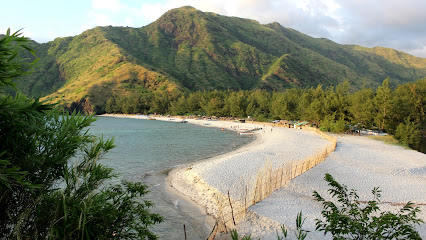
Anawangin Cove and Lake Resort Parking
Experience the serene beauty of Anawangin Cove, a stunning campground in Zambales that offers adventure, relaxation, and breathtaking scenery.
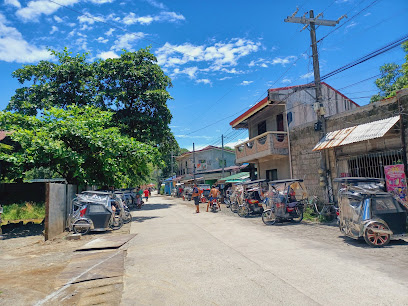
Anawangin Cove Pundaquit Road End at Bangka Port
Explore Anawangin Cove, a serene beach paradise in Zambales, where turquoise waters meet lush pine forests in a breathtaking natural setting.
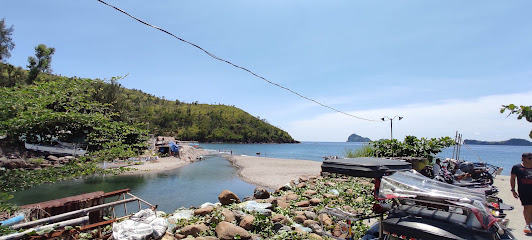
Anawangin - Megan's Cove
Explore the pristine shores and lush landscapes of Anawangin - Megan's Cove, a hidden paradise in Zambales, Philippines.

Unmissable attractions to see
Las Casas Filipinas De Acuzar
Explore Las Casas Filipinas De Acuzar, a captivating heritage resort in Bataan that beautifully blends history, culture, and stunning landscapes.

Japan-Philippines Friendship Tower
Discover the Japan-Philippines Friendship Tower in Bagac, Bataan, a historic landmark celebrating unity and cooperation between the two nations.
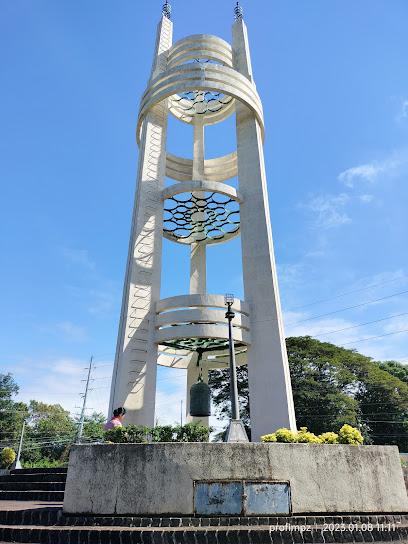
Nagsasa Beach
Explore Nagsasa Beach: A pristine paradise in Zambales, where golden sands meet crystal-clear waters for the ultimate tropical escape.
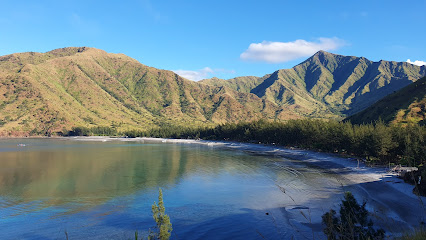
Talisayen Cove
Explore the serene beauty of Talisayen Cove in Zambales, a hidden paradise perfect for relaxation, adventure, and natural wonders.
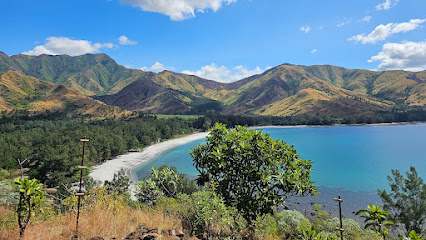
Cusina ni Nanay Maria
Experience the heart of Filipino cuisine at Cusina ni Nanay Maria, where every dish tells a story of tradition and flavor in the charming Bagac, Bataan.

Zero Kilometer Death March Marker
Discover the poignant history behind the Zero Kilometer Death March Marker in Bagac, Bataan, a tribute to the bravery of soldiers during World War II.
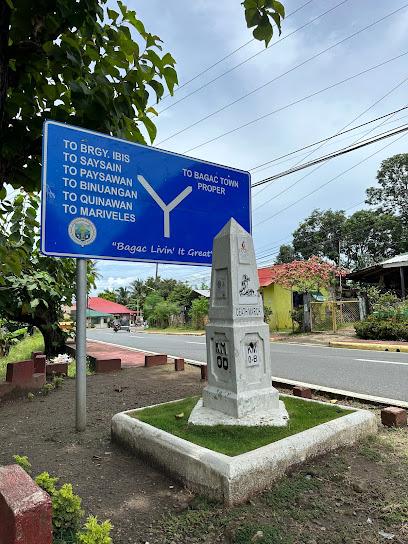
Marahuyo Resort and Campsite
Experience nature's tranquility at Marahuyo Resort and Campsite in Nagsasa Cove, Zambales - a perfect escape for relaxation and adventure.
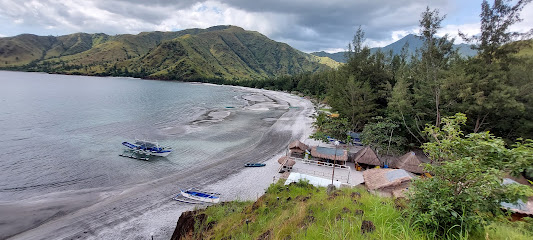
Camara Island
Experience the tranquil beauty of Camara Island in Zambales, a tropical paradise perfect for relaxation, adventure, and unforgettable memories.
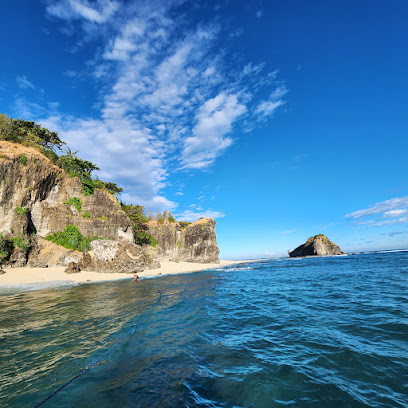
La Bella Teodora
Experience the essence of Italy at La Bella Teodora, where exquisite Italian cuisine meets the rich cultural heritage of Las Casas Filipinas de Azucar.

Linasin Falls
Experience the breathtaking beauty of Linasin Falls, a serene escape in Zambales, perfect for hiking, relaxation, and nature photography.
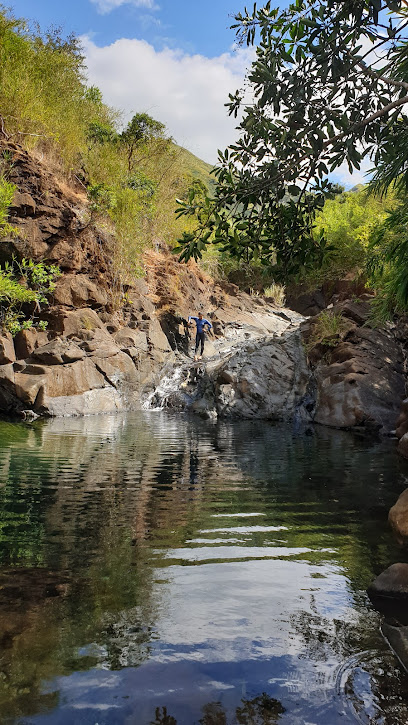
Agnain Cove
Discover the enchanting beauty of Agnain Cove, a hidden gem perfect for relaxation and adventure on the pristine shores of the Philippines.
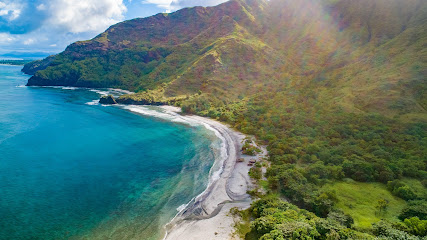
La Casita
Experience the rich flavors of authentic Filipino cuisine at La Casita, nestled in the stunning heritage site of Las Casas Filipinas de Acuzar.

KAMPO ni DOK Private Beach
Discover the serene beauty of KAMPO ni DOK Private Beach in San Antonio, Zambales - a perfect getaway for relaxation and adventure.
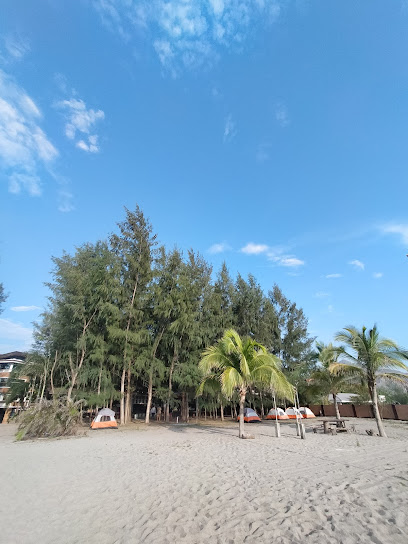
Casa Biñan
Experience the charm of Filipino hospitality at Casa Biñan, a serene lodge in Bagac, Bataan, perfect for relaxation and cultural exploration.

Anawangin Mountain View
Explore the stunning Anawangin Mountain View, a hiker's paradise in Zambales, where breathtaking landscapes and serene nature await your discovery.
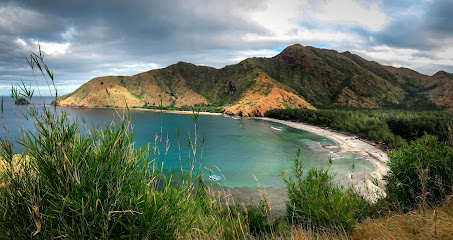
Essential places to dine
Texas Joe's House of Ribs
Discover the best barbecue at Texas Joe's House of Ribs in Subic Bay - where flavor meets tradition in every bite.
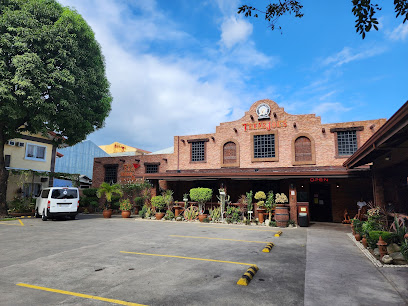
Xtremely Xpresso Cafe
Experience delightful Italian cuisine and exceptional coffee at Xtremely Xpresso Cafe in the beautiful Subic Bay area.
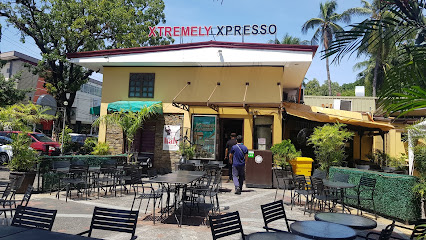
Anawangin Cove
Experience the tranquil beauty of Anawangin Cove in Zambales – a perfect getaway for camping and adventure amidst nature's splendor.
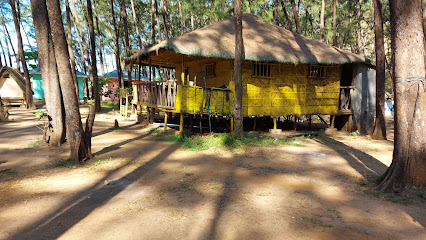
Coco Lime
Discover the vibrant flavors of Asia at Coco Lime - a culinary gem in Olongapo offering delightful dishes and an inviting atmosphere.
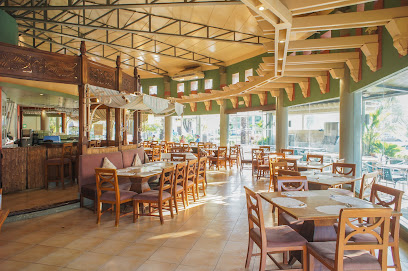
Rali's Restaurant
Experience authentic European cuisine amidst stunning views at Rali's Restaurant in Subic Bay Freeport Zone.
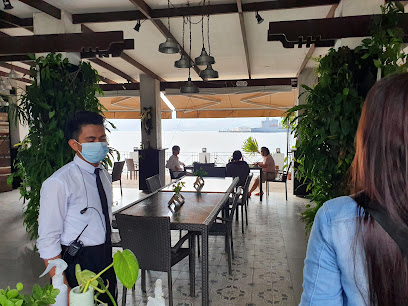
Villa Janella Residences & Beach Resort
Experience ultimate relaxation at Villa Janella Residences & Beach Resort in Zambales – your perfect getaway with beachfront bliss and local flavors.
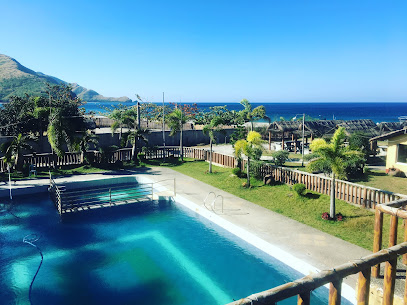
Playa Papagayo Beach Inn and Restaurant
Experience blissful beachside living at Playa Papagayo Beach Inn and Restaurant – where relaxation meets adventure in Zambales.

canoe beach resort
Discover tranquility at Canoe Beach Resort in San Antonio, Zambales – a perfect blend of relaxation and adventure awaits you!

Bigfoot Restaurant & Rest House
Experience delightful dining at Bigfoot Restaurant & Rest House in San Antonio, Zambales—where local flavors meet exceptional hospitality.
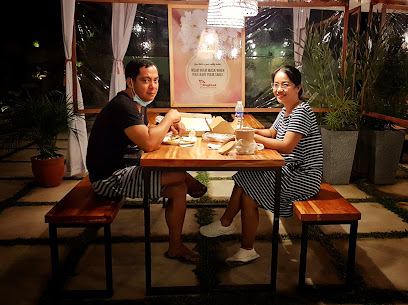
Small Anawangin Beach
Experience tranquility at Small Anawangin Beach: a serene escape with pristine sands and stunning landscapes in Zambales.
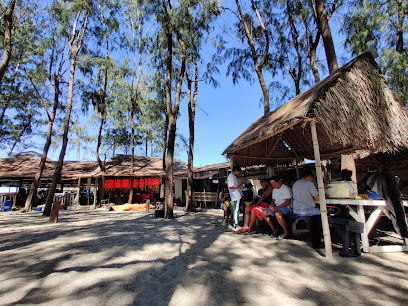
Megan's Paradisio Beach Resort
Discover tranquility at Megan's Paradisio Beach Resort in Zambales - your ultimate tropical escape with beautiful beaches and warm hospitality.

Monty's Riverside View Resort
Experience tranquility at Monty's Riverside View Resort – your gateway to relaxation and adventure in beautiful Zambales.
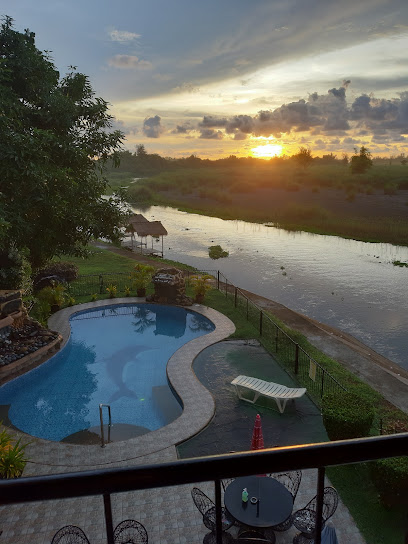
Promised Land Beach Resort
Discover tranquility and adventure at Promised Land Beach Resort in Zambales—where pristine beaches meet exhilarating experiences.
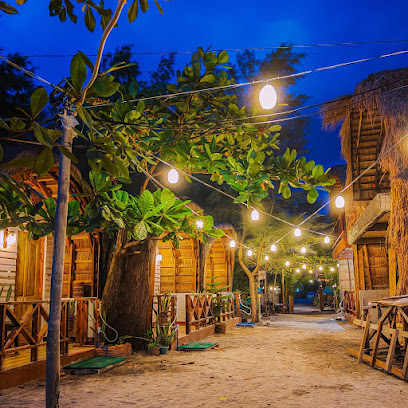
Youhan Beach Resort by Cocotel
Discover tranquility at Youhan Beach Resort by Cocotel - your ultimate escape in Zambales with stunning beaches and luxurious amenities.

Destinare Beach Resort & Campsite
Experience tranquility at Destinare Beach Resort & Campsite: A serene public beach retreat surrounded by nature's beauty in Zambales.
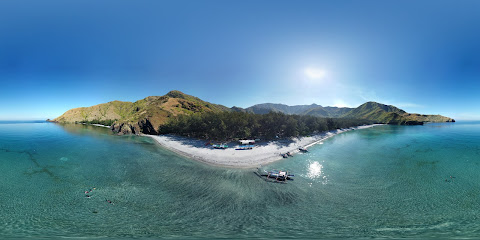
Markets, malls and hidden boutiques
Talisayen Cove
Experience the pristine beauty and tranquility of Talisayen Cove, a hidden gem in Zambales, perfect for relaxation and adventure.
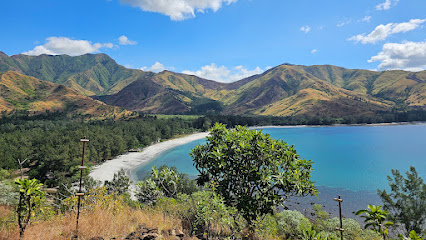
Small Anawangin Beach
Experience the serene beauty of Small Anawangin Beach, a hidden paradise in Zambales ideal for relaxation, adventure, and unforgettable memories.
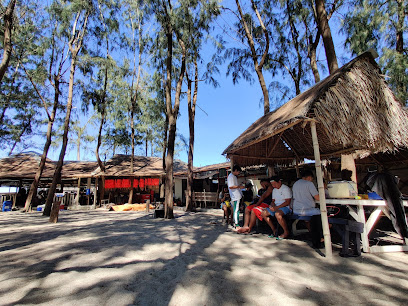
Anawangin Cove
Discover the tranquil beauty of Anawangin Cove in Zambales, Philippines, where white sands meet breathtaking landscapes and endless adventure awaits.
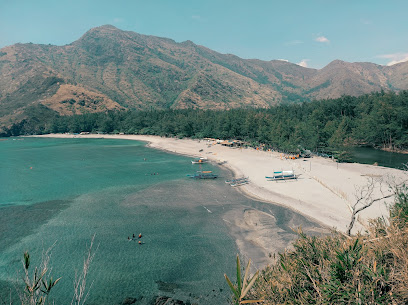
Nagsasa Cove Zambales Adventure
Experience the enchanting beauty of Nagsasa Cove in Zambales, a pristine destination perfect for adventure lovers and nature enthusiasts alike.
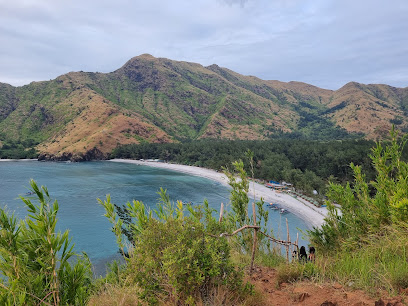
nagsasa cove zambales
Explore Nagsasa Cove, Zambales: A Pristine Escape with Stunning Beaches, Clear Waters, and Rich Local Culture.
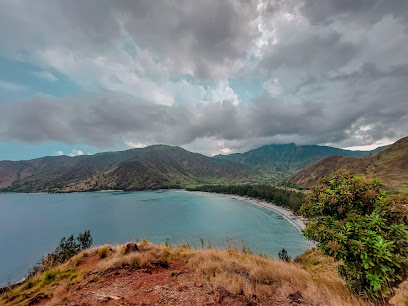
Anawangin Cheap Package Tour Promo
Explore Anawangin: A breathtaking blend of pristine beaches, lush nature, and vibrant local culture in Zambales, perfect for relaxation and adventure.
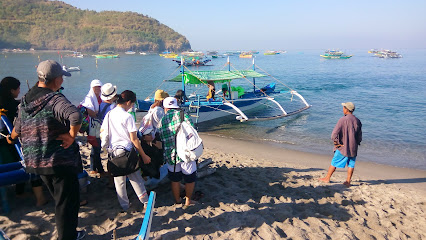
Agnain Cove
Agnain Cove: A tranquil beach paradise in the Philippines, perfect for relaxation and stunning sunsets away from the crowds.
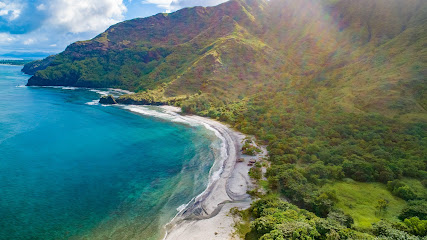
Anawangin Mountain View
Discover the breathtaking beauty of Anawangin Mountain View, a hiker's paradise in Zambales, Philippines with stunning landscapes and serene waters.
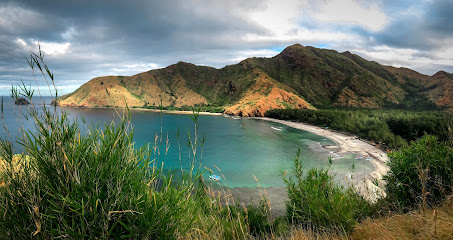
Pundaquit Island tours Anawangin/Nagsasa
Explore the breathtaking beauty of Pundaquit Island and its stunning coves, where adventure meets serenity in Zambales, Philippines.
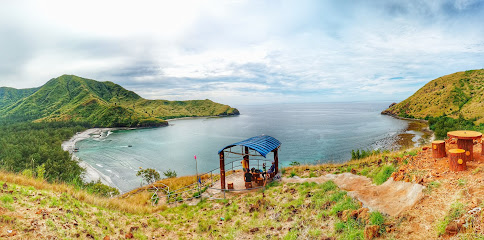
Anawangin trail
Discover the serene beauty of Anawangin Trail in Zambales, where hiking meets pristine beaches and breathtaking landscapes.
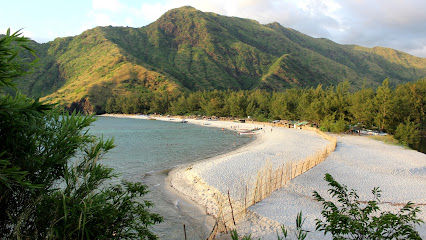
Anawangin Cove and Lake Resort Parking
Experience the serene beauty of Anawangin Cove and Lake Resort in Zambales, an idyllic retreat for nature lovers and adventure seekers.
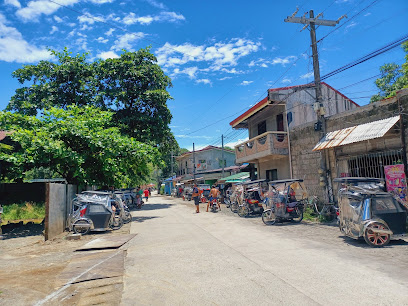
DOÑA NENIK'S SOUVENIR SHOP
Explore Doña Nenik's Souvenir Shop in San Narciso for unique crafts and authentic souvenirs reflecting the vibrant culture of Zambales.
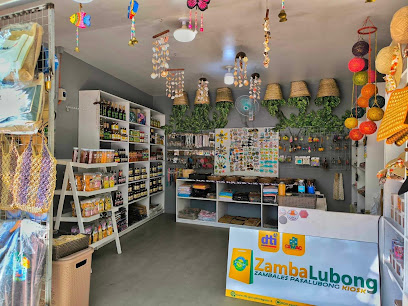
Anawangin Cove Pundaquit Road End at Bangka Port
Explore the stunning beauty of Anawangin Cove in Zambales, a perfect blend of pristine beaches, lush nature, and tranquil atmosphere for an unforgettable getaway.
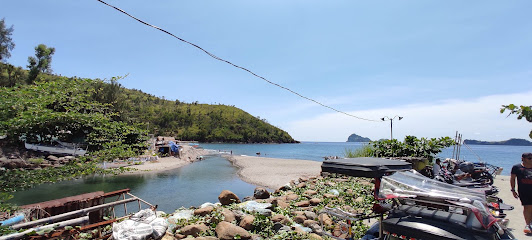
ANAQUE'S STORE
Explore Anaque's Store in San Felipe, Zambales for unique local products and a taste of Filipino culture, all in a welcoming atmosphere.
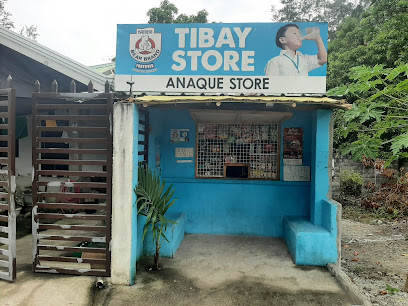
Store
Immerse yourself in local culture at the vibrant store, perfect for unique treasures and authentic souvenirs during your travels.

Essential bars & hidden hideouts
Pier One Bar & Grill
Discover the vibrant flavors of Subic Bay at Pier One Bar & Grill, where delectable grilled dishes meet stunning waterfront views.
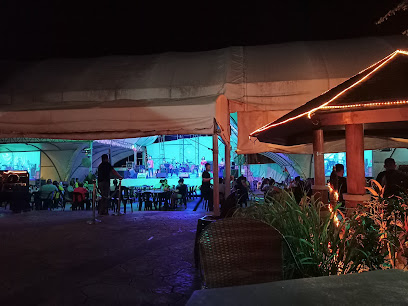
BlackTail Bar & Restaurant
Experience the perfect blend of lively atmosphere and exquisite dining at BlackTail Bar & Restaurant in Subic Bay.
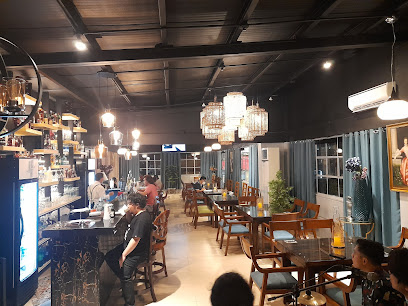
Cheap Charlies Hangout Bar
Experience the vibrant nightlife of Olongapo at Cheap Charlie's Hangout Bar, where affordable drinks and a lively atmosphere await you.
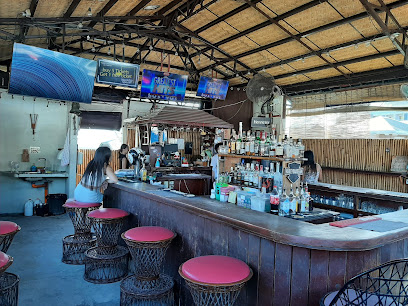
Monty's Riverside View Resort
Experience the serene beauty of Monty's Riverside View Resort, a perfect blend of relaxation and adventure in the heart of Zambales.
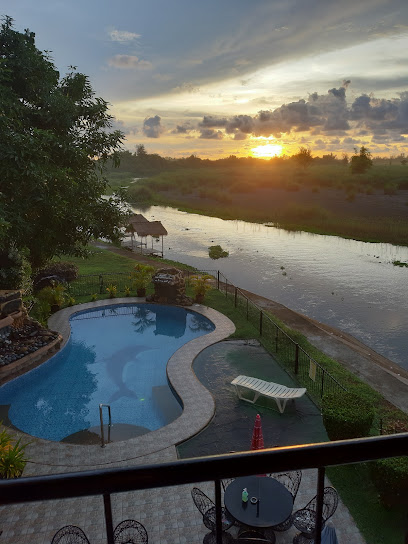
Alaska Club
Discover the vibrant nightlife at Alaska Club in Olongapo, Zambales, where fun, drinks, and great company await you.
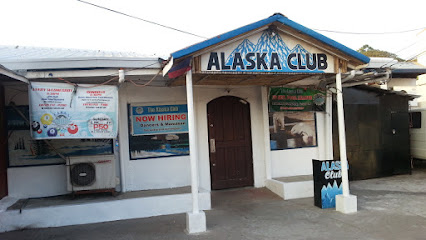
Queen Victoria Bar
Discover the lively Queen Victoria Bar in Barrio Barretto: where live music, sports, and vibrant nightlife await.
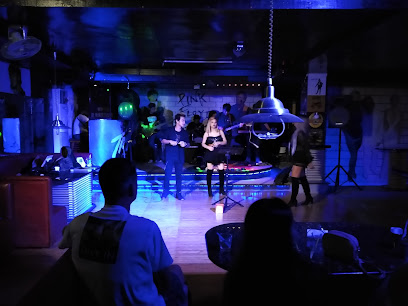
Juanito's Resto Bar
Discover the authentic taste of Filipino cuisine at Juanito's Resto Bar in San Antonio, Zambales - a culinary gem that delights every palate.
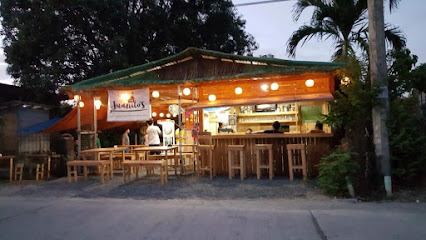
Naya Bar and Grill
Experience the vibrant flavors of Naya Bar and Grill in Subic, Zambales, offering delicious grilled dishes and a lively atmosphere.
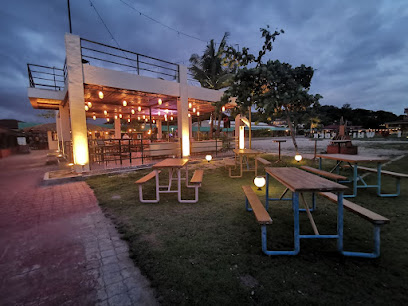
Beer And Waves Bar And Resto
Experience the best of coastal dining at Beer And Waves Bar And Resto in San Felipe, Zambales, with delicious grills and refreshing drinks by the sea.
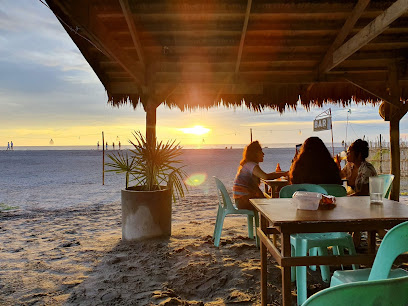
The Hot Zone bar
Dive into Olongapo's nightlife at The Hot Zone Bar, where cocktails, music, and vibrant energy create unforgettable nights.
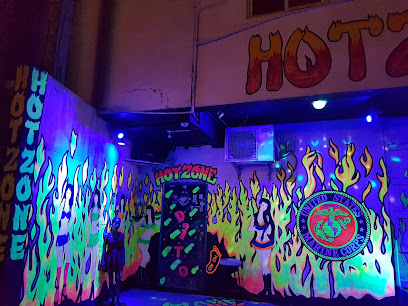
Kokomo's Floating Bar
Kokomo's Floating Bar: A vibrant oasis in Olongapo offering refreshing drinks, stunning views, and a laid-back island vibe.
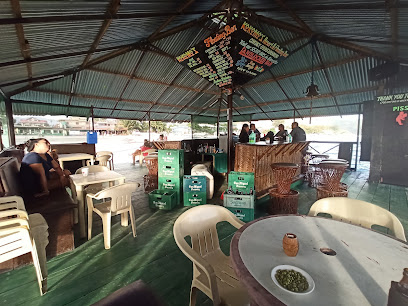
Cardivan Bar & Restaurant
Experience the vibrant flavors of Zambales at Cardivan Bar & Restaurant, a must-visit grill destination for tourists seeking authentic local cuisine.
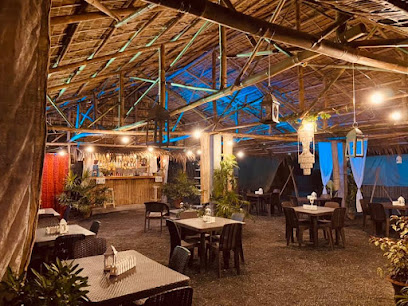
It Doesn't Matter
Discover the laid-back charm of 'It Doesn't Matter,' a vibrant bar in Olongapo offering refreshing drinks and a friendly atmosphere for tourists.
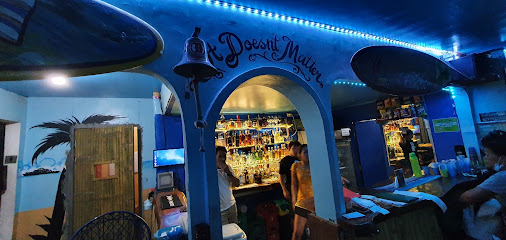
Smokes and Bottles Bar and Grill
Savor delicious grilled dishes in a lively atmosphere at Smokes and Bottles Bar and Grill in Subic.
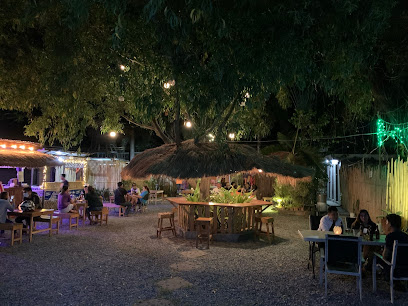
Adam's Sports Bar
Discover the vibrant atmosphere of Adam's Sports Bar in Olongapo, where great drinks and friendly faces await in a lively community setting.
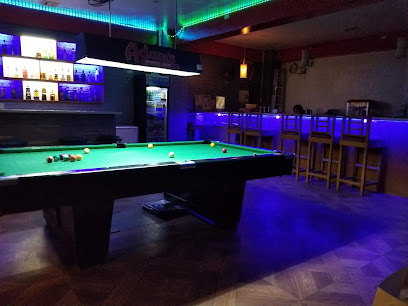
Local Phrases about Anawangin Cove
-
- HelloKamusta
[ka-mus-ta] - GoodbyePaalam
[pa-a-lam] - YesOo
[oh-oh] - NoHindi
[hin-di] - Please/You're welcomePaki
[pa-ki] - Thank youSalamat
[sa-la-mat] - Excuse me/SorryPasensya
[pa-sen-sya] - How are you?Kamusta ka?
[ka-mus-ta ka] - Fine. And you?Mabuti. Ikaw?
[ma-boo-tee. ee-kaw] - Do you speak English?Marunong ka mag-Ingles?
[ma-ru-nong ka mag-ing-gles] - I don't understandHindi ko maintindihan
[hin-di ko main-tin-di-han]
- HelloKamusta
-
- I'd like to see the menu, pleasePakipakita po ng menu
[pa-ki-pa-ki-ta po ng me-nu] - I don't eat meatHindi ako kumakain ng karne
[hin-di a-ko ku-ma-ka-in ng kar-ne] - Cheers!Tagay!
[ta-ga-y] - I would like to pay, pleaseGusto ko pong magbayad
[gus-to ko pong mag-ba-yad]
- I'd like to see the menu, pleasePakipakita po ng menu
-
- Help!Tulong!
[tu-long] - Go away!Lumayo ka!
[lu-ma-yo ka] - Call the Police!Tawag sa pulis!
[ta-wag sa pu-lis] - Call a doctor!Tawag sa doktor!
[ta-wag sa dok-tor] - I'm lostNawawala ako
[na-wa-wa-la a-ko] - I'm illMay sakit ako
[may sa-kit a-ko]
- Help!Tulong!
-
- I'd like to buy...Gusto ko bumili ng...
[gus-to ko bu-mi-li ng] - I'm just lookingNagtitignan lang ako
[nag-ti-tig-nan lang a-ko] - How much is it?Magkano ito?
[mag-ka-no i-to] - That's too expensiveMasyadong mahal 'yan
[ma-sya-dong ma-hal ya-an] - Can you lower the price?Pwede bang bawasan ang presyo?
[pu-we-de bang ba-wa-san ang pres-yo]
- I'd like to buy...Gusto ko bumili ng...
-
- What time is it?Anong oras na?
[a-nong o-ras na] - It's one o'clockAlas-una na
[a-las-u-na na] - Half past (10)Alas-diyes y medya
[a-las-di-yes y med-ya] - MorningUmaga
[u-ma-ga] - AfternoonHapon
[ha-pon] - EveningGabi
[ga-bi] - YesterdayKahapon
[ka-ha-pon] - TodayNgayon
[nga-yon] - TomorrowBukas
[bu-kas] - 1Isa
[i-sa] - 2Dalawa
[da-la-wa] - 3Tatlo
[tat-lo] - 4Apat
[a-pat] - 5Lima
[li-ma] - 6Anim
[a-nim] - 7Pito
[pi-to] - 8Walo
[wa-lo] - 9Siyam
[si-yam] - 10Sampu
[sam-pu]
- What time is it?Anong oras na?
-
- Where's a/the...?Nasaan ang...?
[na-sa-an ang] - What's the address?Anong address?
[a-nong ad-dres] - Can you show me (on the map)?Pwede mo akong ipakita (sa mapa)?
[pu-we-de mo a-kong i-pa-ki-ta sa ma-pa] - When's the next (bus)?Kailan ang susunod na (bus)?
[kai-lan ang su-su-nod na bus] - A ticket (to ....)Isang ticket (papuntang ...)
[i-sang ti-ket pa-pun-tang]
- Where's a/the...?Nasaan ang...?
History of Anawangin Cove
-
Anawangin Cove is a crescent-shaped cove located in San Antonio, Zambales, Philippines. The area was formed by the eruption of Mount Pinatubo in 1991. The volcanic ash from the eruption transformed the landscape, creating the unique white-sand beach and the towering Agoho trees that mimic the appearance of pine trees.
-
Before becoming a popular tourist destination, Anawangin Cove was home to the indigenous Aeta people. The Aetas, known for their deep knowledge of the forest and mountain terrains, thrived in the area long before the arrival of Spanish colonizers. They lived off the land through hunting, fishing, and gathering.
-
During the Spanish colonial period in the Philippines, the region of Zambales, including Anawangin Cove, came under Spanish rule. The Spanish influence brought significant changes, including the introduction of Christianity and new agricultural practices. The nearby town of San Antonio was established in 1849 as part of the Spanish efforts to consolidate control over the area.
-
Anawangin Cove and its surrounding areas were not spared during World War II. The beaches of Zambales, including Anawangin, witnessed several wartime activities. The region was a strategic point of interest for both Japanese and Allied forces. After the war, the area saw a period of recovery and rebuilding.
-
In the early 2000s, Anawangin Cove began to attract attention as a hidden gem for travelers seeking an off-the-beaten-path experience. The lack of commercial development preserved its natural beauty, making it a favored spot for camping, hiking, and beach activities. Word-of-mouth and social media brought more visitors, turning Anawangin Cove into a must-visit destination in Zambales.
-
In recent years, there has been a growing awareness of the need to protect Anawangin Cove's unique ecosystem. Local authorities and environmental groups have initiated various conservation efforts to preserve the cove's natural beauty. These include clean-up drives, sustainable tourism practices, and educational programs aimed at promoting environmental stewardship among visitors.
Anawangin Cove Essentials
-
Anawangin Cove is located in Zambales, Philippines. The nearest major city is Manila, which is about 200 kilometers away. From Manila, you can take a bus from Victory Liner terminals to San Antonio, Zambales, which typically takes 3 to 4 hours. Once in San Antonio, take a tricycle to Pundaquit, the jump-off point for Anawangin Cove. From Pundaquit, you can hire a boat to take you to Anawangin Cove, which is about a 30 to 45-minute boat ride.
-
Transportation options within the Anawangin Cove area are limited. Most visitors rely on boats for travel between the cove and nearby attractions such as Nagsasa Cove, Talisayin Cove, and Capones Island. Tricycles are available in San Antonio and Pundaquit for short distances. For a more adventurous option, you can also hike to Anawangin Cove from Pundaquit, which takes about 4 to 5 hours.
-
The official currency in the Philippines is the Philippine Peso (PHP). Credit cards are not widely accepted at Anawangin Cove, so it is essential to carry enough cash for your expenses. There are no ATMs in Anawangin Cove, so it is advisable to withdraw cash in Manila or San Antonio before heading to the cove.
-
Anawangin Cove is generally safe for tourists, but it is always wise to take standard precautions. Avoid leaving your belongings unattended and be cautious of your surroundings, especially at night. There are no specific high-crime areas targeting tourists, but staying vigilant is always recommended. Additionally, be wary of the strong currents and waves when swimming, particularly during the rainy season.
-
In case of emergency, dial 911 for immediate assistance. There are no medical facilities in Anawangin Cove, so it is crucial to carry a basic first aid kit. The nearest hospital is in San Antonio, Zambales. It is recommended to have travel insurance that covers medical emergencies. For minor health issues, there are pharmacies in San Antonio where you can purchase over-the-counter medications.
-
Fashion: Do wear comfortable and lightweight clothing suitable for beach and hiking activities. Avoid overly revealing attire. Religion: Do respect local customs and traditions. There are no specific religious sites in Anawangin Cove, but it is always good to be mindful of local sensibilities. Public Transport: Do be patient and flexible as transportation options can be limited. Don't haggle excessively with tricycle drivers and boat operators as they often have set rates. Greetings: Do greet locals with a friendly smile or a nod. A simple 'hello' or 'kumusta' (how are you) is appreciated. Eating & Drinking: Do try local delicacies and bring your own food supplies as there are limited food vendors in Anawangin Cove. Don't leave trash behind; always practice 'Leave No Trace' principles.
-
To experience Anawangin Cove like a local, consider camping overnight to fully enjoy the natural beauty and tranquility of the area. Engage with local boatmen and guides, as they can offer valuable insights and suggest hidden spots worth exploring. Ensure you bring all necessary camping gear, food, and water, as amenities are minimal. Don't miss the opportunity to hike to the viewpoint for a panoramic view of the cove and surrounding areas. Lastly, respect the environment by not disturbing wildlife and keeping the area clean.
Trending Landmarks in Anawangin Cove
-
Nagsasa Cove
-
Nagsasa Beach
-
Talisayen Cove
-
Nagsasa Cove Zambales Adventure
-
nagsasa cove zambales
-
Silanguin Cove
-
Anawangin Island
-
Camara Island
-
Agnain Cove
-
Anawangin Mountain View
-
Anawangin trail
-
Anawangin Cove and Lake Resort Parking
-
Anawangin Cove Pundaquit Road End at Bangka Port
-
Anawangin - Megan's Cove
Nearby Cities to Anawangin Cove
-
Things To Do in Angeles City
-
Things To Do in Manila
-
Things To Do in Tagaytay
-
Things To Do in Baguio
-
Things To Do in Sagada
-
Things To Do in Vigan
-
Things To Do in Ilocos Norte
-
Things To Do in Boracay
-
Things To Do in Legazpi
-
Things To Do in Puerto Princesa
-
Things To Do in Palawan
-
Things To Do in Batanes
-
Things To Do in Cebu City
-
Things To Do in Bohol
-
Things To Do in Camiguin







